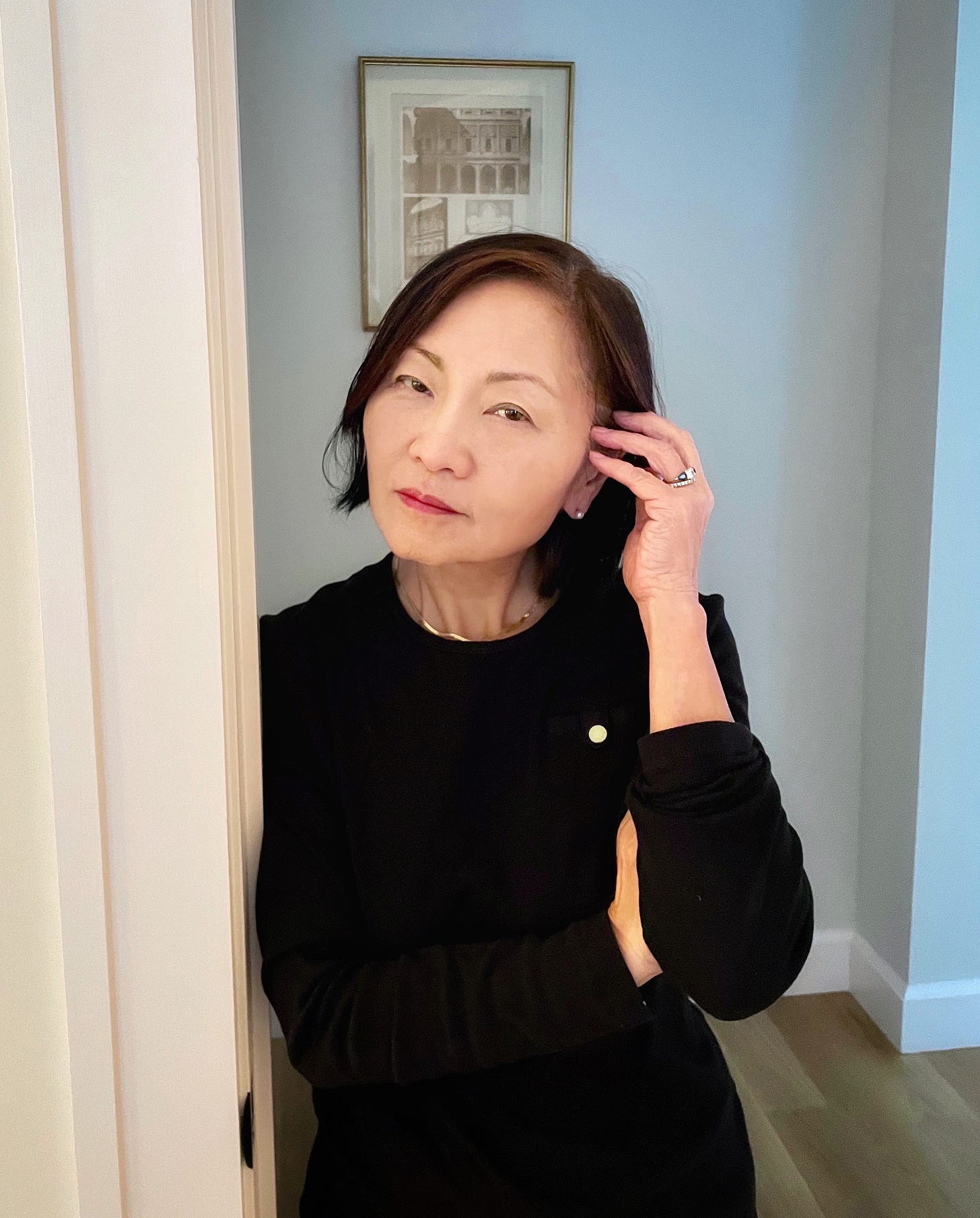But You Don't Look That Depressed
I should have fashioned myself as an unkempt, sobbing, hysterical mess for my depression to be taken seriously.
Quick question: Can you pick out a depressed person at a party, the office or Trader Joe’s?
As any well-informed middle-schooler can tell you, depression is not something you wear on your sleeve. But if you think we’ve evolved from the antiquated idea that those suffering from depression are walking loony bins, you'd be mistaken.
I know because I was deemed insufficiently depressed for not looking or acting the part. That verdict came from Lincoln Financial Group, an insurance behemoth retained by my employer Bloomberg Law to manage disability benefits.
Last summer, I fell into a paralyzing depression about my job (I went public about it in a LinkedIn post). Unable to work or focus, I applied for short term disability (commonly known as “STD”—a rather unfortunate acronym), a benefit that typically gives employees three to six months of paid leave. Although my primary care physician diagnosed me with depression and anxiety, Lincoln ruled that I was ineligible.
Lincoln’s denial letter stated, “there are minimally abnormal mental status exam findings documented to corroborate severe symptoms (such as psychomotor agitation or retardation, deficits in grooming or eye contact . . . intractable crying spells).”
The madwoman in the attic
“Psychomotor agitation.” “Deficits in grooming.” “Intractable crying spells.” When I read these words, an image of the madwoman in the attic—a sort of post-career Mrs. Rochester—flashed before me. It seemed that I should have fashioned myself as an unkempt, sobbing, hysterical mess for my depression to be taken seriously.
But that is not my style. Nor, I suspect, is it the style of many who are depressed. Though I had many very dark moments–when I felt gutted, defeated, and wished for nonexistence—I seldom broke down in front of others. Whether that is a vestige of some sort of Asian stoicism or my innate nature, I cannot say. All I know is that my parents kept their emotions under the lid, and I’m not one to let it all spill out. I’m also the type of person who always combs her hair even in the bluest depths. Yes, I’m vain.
It can’t be news that those who are battling depression can look and act “normal.” Indeed, the typical signs and symptoms of depressions, described by The National Institute of Mental Health, are not easily detectable. Yet Lincoln applied an outdated standard riddled with stigmatizing stereotypes, sexism, and cultural insensitivity to judge my depression.
Lincoln’s reasoning left me reeling. At a time when I was wholly unmoored, when I was filled with self-doubts and hopelessness, I was told that those very feelings lacked validity. The verdict was that my despair was trivial, unworthy, insignificant; and if I thought otherwise, I was deluding myself. There’s nothing like institutional gaslighting when you’re hitting rock-bottom.
What’s dangerous about the “you-don’t-look-depressed-enough” standard is that it suggests that only those in extremis deserve a benefit like STD. Just how far down the hole of darkness does one need to descend to be deemed worthy? Isn’t the purpose of this benefit (I’d argue it should be considered a right) to avert a serious mental breakdown or worse?
Look, I understand that providers of STD need to suss out fraudulent or frivolous claims. But in my case, my long time primary care doctor made a diagnosis of serious depression that Lincoln chose to discount. (Interestingly, Lincoln was cagey about its evaluation process and provided virtually no information about the identity or qualifications of the “experts” who reviewed my case.)
“Misinterpretation and fabrication”
More disturbing: Lincoln twisted my doctor’s words. For example, Lincoln claimed that my doctor concluded that I had “good focus, concentration . . . and composure” during an office visit. In reality, my doctor stated the exact opposite, noting that I had “trouble concentrating and focusing.” (My doctor subsequently wrote to Lincoln in protest, describing its analysis as a “misinterpretation and fabrication of my previous notes.”)
Whether these distortions resulted from sloppiness or a deliberate policy to thwart benefit payments—your guess is as good as mine. (I detailed the inaccuracies in a letter to Lincoln, but the company never addressed them.)
After an arduous appeal process that dragged on for months, I prevailed. But it took a village to get there. I was lucky that my therapist and physician went to bat for me. And lucky that I had access to talented lawyers who volunteered their expertise. Lucky, too, that I had a supportive family. Without these resources, I might have given up—which is perhaps what the system counts on.
“The difficulty that you have been experiencing in accessing your short term disability insurance coverage has unfortunately exacerbated the very issues (anxiety and depression) that we set as goals to work on at the start of treatment,” wrote my therapist in a letter to me.
The irony is striking: My attempt to access one of the company’s key mental health benefits actually deepened my depression and anxiety.
So forgive me if I’m not buying this corporate vogue for workers’ well being that seems to be sweeping major companies and law firms. For all the hype about mental health awareness, I find the system stuck in the Mad Men era.
What’s your experience with depression in the workplace? Tell me. I plan to write more about this topic.






Thank you for writing about such an important topic that is often just glossed over. What’s the point of offering short-term disability if it’s so difficult to obtain? For the marketing and optics? If so, then we really are in the era of simulacrum.
An eloquent, perceptive and ever courageous columnist. Thank you Vivia Chen for shedding light on the disease of depression and the insurance industry’s abysmal modus operandi - just wear the claimant out and hope they will give up appealing. Well done Ms Chen!